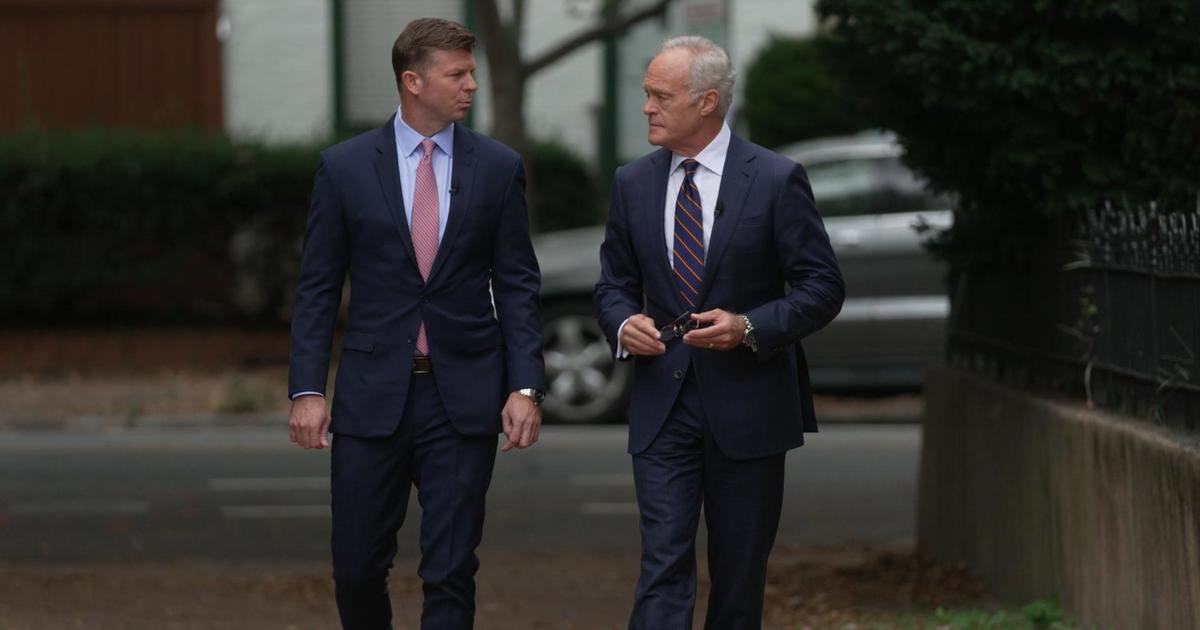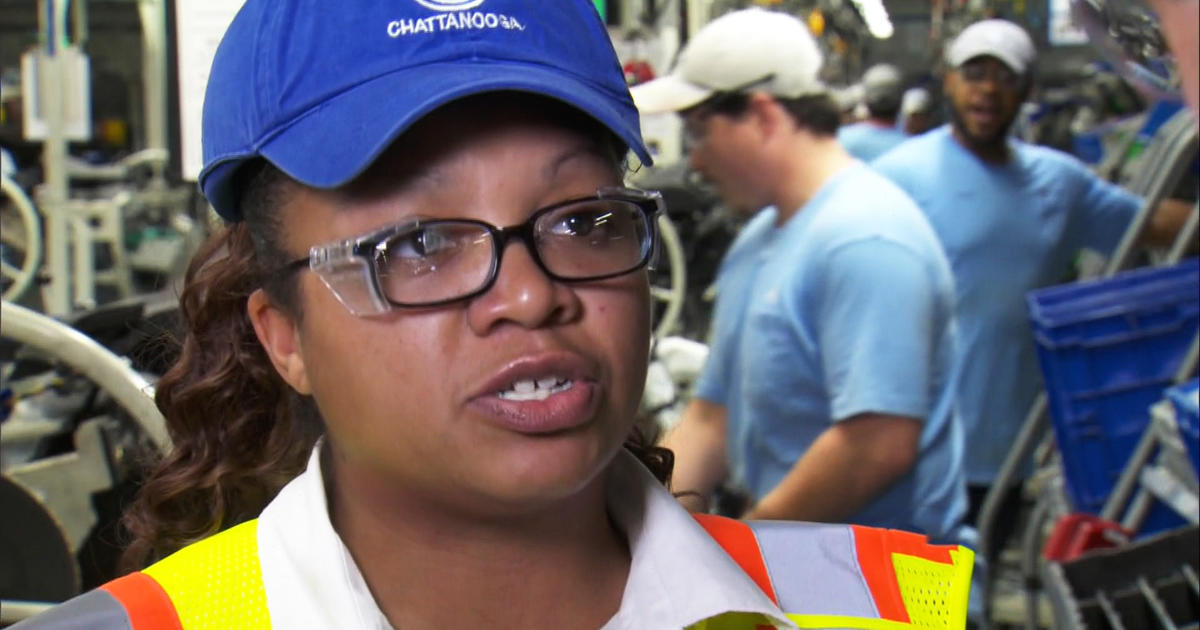Children forced to work overtime to make your Amazon devices, report says
- Echo devices may be manufactured with illegal overtime labor from Chinese teenagers, a labor activist group alleges.
- Amazon said it is investigating the report of labor abuses at Foxconn, the Chinese electronics manufacturer contracted to make the devices.
- Teenage students in China are reportedly forced to work 10-hour days, six days a week.
Amazon's Echo devices may be manufactured with illegal overtime labor from Chinese teenagers, according to a report from the labor activist group China Labor Watch. Amazon said it's investigating the report and will address its concerns with Foxconn, the manufacturer contracted to make the devices.
"We are urgently investigating these allegations and addressing this with Foxconn at the most senior level," an Amazon spokeswoman said in an emailed statement. "Additional teams of specialists are on-site to investigate, and we've initiated weekly audits of this issue."
Teenage interns from Chinese vocational schools are working 10-hour days, six days a week, in violation of a regulation in China that prohibits vocational school students from working overtime as well as night shifts, China Labor Watch said in its report. Students also reported being physically and verbally abused, the report said.
In one case, a 17-year-old student named Xiao Fang told China Labor Watch that she was told by her school that she would work between 5 to 8 hours per day. But her work on the Echo production line stretched to 10-hour days, which she said consisted of placing protective film over 3,000 Echo dots per day.
When she complained about the hours, she was told she couldn't continue her internship at Foxconn unless she worked overtime, and that if she didn't complete the internship, she would risk her chances of graduating as well as receiving scholarships, the report said.
Foxconn, based in Taiwan but operating numerous facilities in China and other countries, said in a statement to CBS MoneyWatch that it has "doubled the oversight and monitoring of the internship program" to ensure that interns don't work overtime or nights.
"There have been instances in the past where lax oversight on the part of the local management team has allowed this to happen and, while the impacted interns were paid the additional wages associated with these shifts, this is not acceptable and we have taken immediate steps to ensure it will not be repeated," the company said.
Foxconn's history
This is not the first time the publicly traded company — one of the largest private employers in the world — has been accused of illegal labor practices.
In 2012, the plight of Foxconn workers came to light after hundreds of workers threatened to commit suicide amid protests over wages. At the time, many Americans had never heard of the contractor, even though it makes some of the most popular devices in the U.S., such as Apple's iPhones and Microsoft's Xbox.
Last year, China Labor Watch alleged that Foxconn workers who manufactured Amazon devices worked in harsh conditions for low wages. It also said the factory overly relied on temporary workers, who can be paid less than regular workers.
Closer to home, Foxconn is also coming under fire for a deal to open a Wisconsin factory. Touted by President Donald Trump when the factory was announced in 2017, the project has since dwindled from a $10 billion manufacturing center to a "research hub."
At the same time, Wisconsin has pledged generous subsidies to Foxconn in exchange for the development and the promise of 13,000 local jobs created. But the smaller scale of the project means that taxpayers will be shelling out far more than they expected, with one economist projecting that each Foxconn job will cost taxpayers about $290,000, rather than the $172,000 under the plant's original size.
"The incentives are so costly per job that it is hard to see how likely benefits will offset" costs, wrote the economist, Timothy J. Bartik of the nonpartisan W.E. Upjohn Institute for Employment Research.



